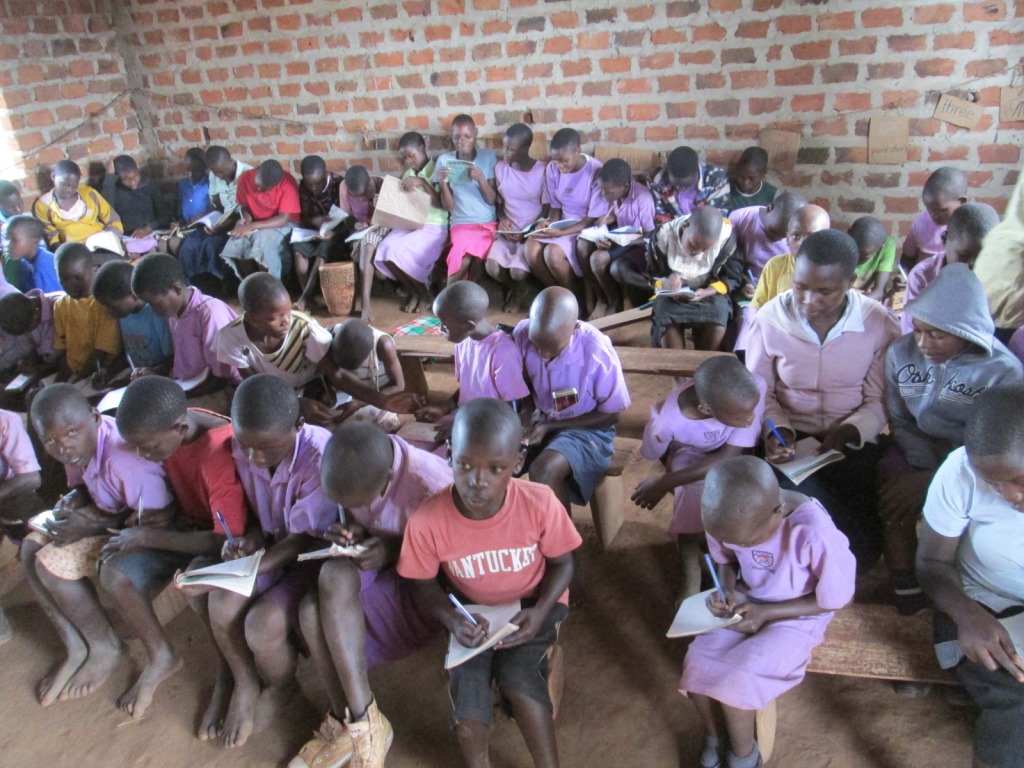Uganda has made considerable progress in increasing primary school enrollment, but access to quality basic education remains low especially for poor families and those living in remote rural areas.
According to “Facing Forward: Schooling for Learning in Africa,” a World Bank (WBG) study that assessed the quality of education in Africa, learning levels in Uganda remain low like elsewhere in Africa, in spite of a boost in enrollment from the introduction of free universal basic primary education in 1997.
The country’s high population growth rate of 3.5 percent, high tuition fees, and unfriendly and violent environment prevent many girls and boys from getting to school and remaining in classrooms to learn. Less than half of Primary one students reach P7. Many schools are overcrowded, especially in refugee hosting areas, and teachers lack basic pedagogical skills and subject-related knowledge.
The study highlights the need to increase government’s spending on education to meet regional standards. Uganda currently spends just 11 percent of its budget on education – that is 2.3 percent of Gross Domestic Product, compared to Tanzania which spends 3.5 percent, Ethiopia at 4.5 percent, and Rwanda at 5 percent.
According to the study, the current focus on infrastructure development alone without raising efficiency of the spending and addressing quality and equity issues could undermine learning outcomes. The First Lady, and Minister for Education and Sports, Janet Museveni, who officiated at the launch of the study in Kampala yesterday, welcomed the report and said the findings would inform the new sector strategic plan and policy recommendations.
Prior to her speech, a panel of distinguished experts moderated by Dr Ed Barnett, Co-chair, Education Partners Group and HD Team Leader, DFID, discussed the relevance of the findings and offered views on what government needs to consider as a priority, notably, focus on teacher training to address capacity gaps, teach children in their local languages which improves learning, improve planning and coordination, and negotiate for a bigger share of the national budget devoted to public education and spend it more efficiently.
The panel included: Ms. Rose K. Izizinga, a member of the Uganda Education Service Commission; Dr. Kedrace Turyagyenda, Director of Education Standards at the ministry of education; Dr. Gorretti Nakabugo, Country Coordinator, Uwezo Uganda; Prof. Joseph Oonyu, Associate Professor, School of Education, Makerere University; and Mr Laban Mbulamuko, Commissioner for Infrastructure and Social Services in the Ministry of Finance, Planning and Economic Development.
The launch aimed to inform policy debate and was specifically targeted at stakeholders from the education sector, including government officials, civil society, academia, teacher unions and the media. Sajitha Bashir, the Practice Manager, Education Global Practice presented the report, while Tony Thompson, country manager, World Bank, delivered the opening remarks.




